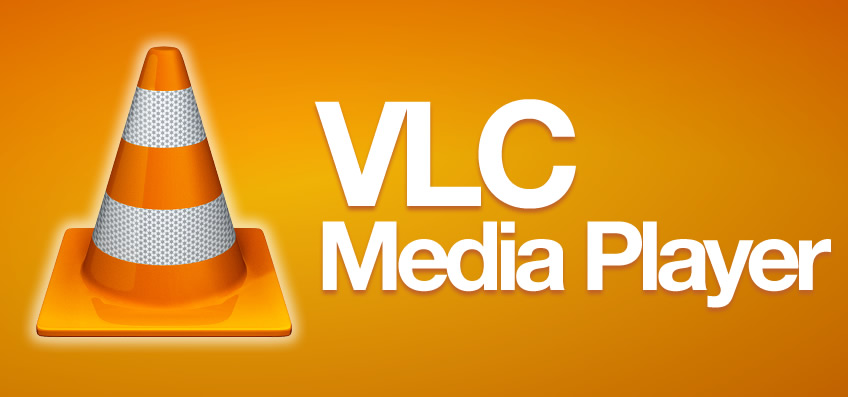
There are a variety of formats that aren’t supported by VLC, and it’s important to know which ones these are so that you don’t end up with an incompatible copy of your favourite movie. This article will outline the main types of media files supported by VLC, and which aren’t. From AVI, DivX, XviD, and HEVC, there’s something for every video lover to enjoy.
AVI
AVI is a video file format that contains compressed video and audio data. Developed by Microsoft, AVI is supported on Windows, Mac, and Linux. It is popular for its simplicity and ease of use and is a popular choice for transferring movies from one device to another. It is also capable of creating DVDs and is widely implemented across different platforms. Here are some tips to convert AVI to VLC:
DivX
If you’ve ever noticed that a particular DivX file won’t play on your computer, you may have a problem with your VLC media player. This problem is caused by a corrupted DIVX file. To fix this problem, you need to download and install a compatible Codec. You can also try playing the DIVX file on other media players to see if they can play the file.
XviD
If you’re having trouble playing XviD files, it’s likely that the video codec isn’t compatible with your computer’s version of VLC. If this is the case, you’ll need to download an Xvid codec from a variety of sources. You can then use the codec to play the video. Once you’ve installed it, you can use the Xvid codec to play Xvid files with VLC.
HEVC
You may be wondering if VLC is capable of playing HEVC files. While most media players can play HEVC videos, some of them do not. This is because of different issues. HEVC videos require higher bit depths, so your computer must be capable of decoding the format. Luckily, VLC is able to decode HEVC videos, converting them to a format compatible with your hardware. If you encounter a problem playing HEVC videos, you can downgrade to a previous version of the media player and use that.
H.264
If you want to play H.264 videos in VLC player, you have to enable H.264 demuxer in settings. First, you should open VLC software and select Preferences. After that, you should navigate to Media > Open Files to choose the H.264 file. Once you do this, the video should start playing. If not, then you should update your VLC player to the latest version and install the latest codecs from VLXC.
VP9
If you encounter this issue, the easiest solution is to try to open a different video player. The problem could be a variety of issues, such as malware infection. The malware in the VP9 file is what hinders the player from being able to open the file. Therefore, it is crucial to scan your computer for viruses to determine if the file is infected. You can do this by using an online antivirus scanner.
MKV
If you’re trying to play an MKV file, the VLC media player is probably not responding well. This problem could occur for a few reasons. The first step is to change the file format to something compatible with VLC. However, you might have trouble with frame rates or stuttering. If this happens to you, here are some solutions to your problem. Try using another media player or changing the file format to MP4.
Often it happens that, error codes shows up. There is nothing to worry about. You can fix it withe the hlp of a few easy steps. Learn about error code from 0xc00d36c4.


